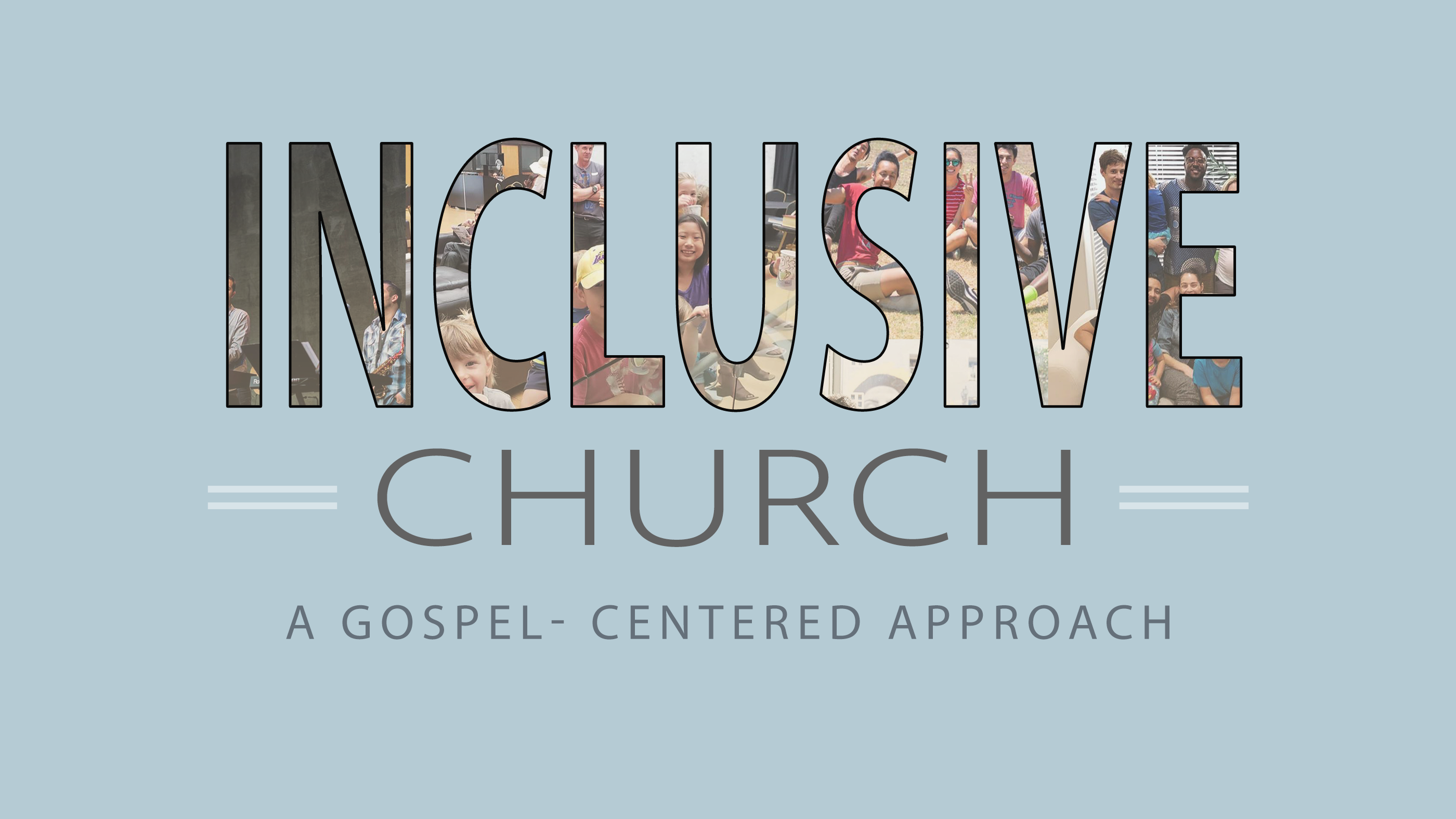
The Gospel, a Political Divide, and Social Justice
This week’s sermon was on what the gospel says about politics and how it can bring us together in the midst of political division. We looked at what the tripod of the gospel-- incarnation, atonement, and restoration--tells us about political engagement.
The incarnation-that Jesus came and inaugurated the Kingdom of God—warms us against making too much of political engagement. The Kingdom of God and the kingdom of the world are fundamentally different. The Kingdom of God is about the power of the cross, the power of sacrificial service, love and grace, to transform us from the heart. The kingdom of this world is about the power of the sword, the power of law and order to control people’s behavior through law. Jesus refused to bring the Kingdom of God by taking over the kingdom of the world and using the power of the sword to transform the world. When the church, the visible presence of the Kingdom of God on earth, did that, we made a mess of both the world and the Kingdom of God. So, we must be careful about fusing the Kingdom of God and the kingdom of the world.
The restoration—that Jesus is coming back again to restore creation—tells us to engage in the work of transforming the world. He taught us to pray, “Your Kingdom come.” This means that we are called to participate in God’s work of bringing to the present what is to come in the future. We are called to his work of reducing racism, injustice, poverty, oppression, suffering. This naturally leads us to be involved in social reform.
The atonement—that Jesus died for us while we were still sinners—tells us that true transformation will come only if our hearts are also transformed by the cross. We can’t transform the world through social justice; we have to repent of our personal and systemic sins and seek God’s forgiveness, and experience inside-out change, and then, act to change the world.
We are called to live in the tension of the tripod of the gospel. The incarnational aspect of the gospel calls us to a limitation on our political engagement. Ultimately, our kingdom is not of this world and the transformation of the world is not going to come through politics. But, the restoration aspect of the gospel calls us to bring to the present that which is to come. So, we are called to engage the world and help the poor, marginalized, orphans, widows, immigrants, oppressed, suffering, sick, and otherwise excluded people, and this necessarily means that we have to engage in social reform. The atonement aspect of the gospel reminds us that it is not just about compassion and social reform. Unless people’s hearts are changed by God’s love, the world is not going to change no matter how just the laws become.
Pastor Kevin shared some practical suggestions on how to engage in the political arena as a follower of Jesus: (1) with humility; (2) without getting pegged into liberal or conservative mode; (3) becoming peacemakers, not just peacekeepers; (4) being aware of the idolatry of being right politically; (5) prophetically speaking for the marginalized; (6) living in the tension between the three aspects of the gospel; and (7) rolling up our sleeves and doing the work of helping the needy.
